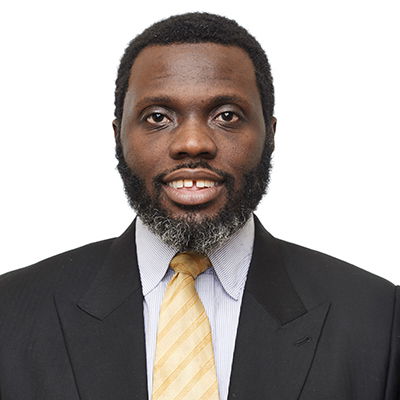This webinar explains a variety of issues and how to address them. Common issues such as collection methods, sample inhibition and sample volume will be addressed. Also, each unique technology, from standard PCR, to DNA fluorescent assays, from next generation sequencing to newer technologies such as point of care and digital PCR, will have their various sample challenges addressed. This webinar will give you the tools you need to deal with your laboratories challenges.
Why You Should Attend:
Since the beginning of the PCR revolution in the 1980s, molecular diagnostics have proven to be a useful tool for the clinical laboratory. The ability to analyze a variety of samples for DNA and RNA content have proven to be useful for a large number of clinical conditions using a number of different technologies. However, each technology has its pitfalls with how to handle samples for optimal results. In addition, different technologies have different challenges as to what can inhibit optimal results and each technology has a unique solution to these pitfalls.
Areas Covered in the Session :
- Universal sample requirements for molecular diagnostics
- Strategies to deal with common challenges
- Challenges unique to PCR assays
- Challenges unique to DNA fluorescent assays
- Challenges unique to NGS assays
- Challenges unique to newer molecular technologies
Who Should Attend:
- Quality Control Departments
- Research and Development Departments
- Validation Departments
- Assay Development Professionals
- Assay Validation Professionals
- Clinical Diagnostics
Course Director: TODD GRAHAM
 | Todd Graham is a clinical laboratory scientist for a large hospital system in the New York Tri-State Area as well as a scientific consultant for Fortune 500 biotechnology firms, healthcare systems throughout the world and R1 Research Level Universities. During his time as a clinical laboratory scientist in his current role, he has improved sample workflow and improved laboratory quality and sample turnaround time while expanding laboratory services to vulnerable health populations in the New York area. He has also provided outreach to the local community by serving as a mentor to students training in clinical laboratory science, as well as the scientific community by serving as a technical resource for his peers in the laboratory.
Through his work as a consultant, he has worked to improve the spread of key technical information in a variety of mediums. Todd has written a number of market research reports used by Fortune 500 biotechnology firms in strategic planning, and led webinars on key quality issues that impact the biotechnology community. He has served R1 Research Level Universities by advising them on strategic technology transfer opportunities, and has been called upon as a key knowledge leader internationally for the biotechnology industry.
Todd Graham graduated in 2006 with a MA in Biology at Queens College (City University of New York) after conducting published research in Molecular Evolution in the laboratory of Dr. Stephane Boissinot. He graduated as a Dean’s List student and James Dickson Carr Scholar from Rutgers University in 2001 with a BS in Biotechnology, where he continues to mentor Biotechnology students. He is a member of the Society for Laboratory Automation and Screening. He is also licensed as a Clinical Laboratory Technologist in New York State and is certified in Molecular Diagnostics by the American Society for Clinical Pathology.
|
|
|
|
